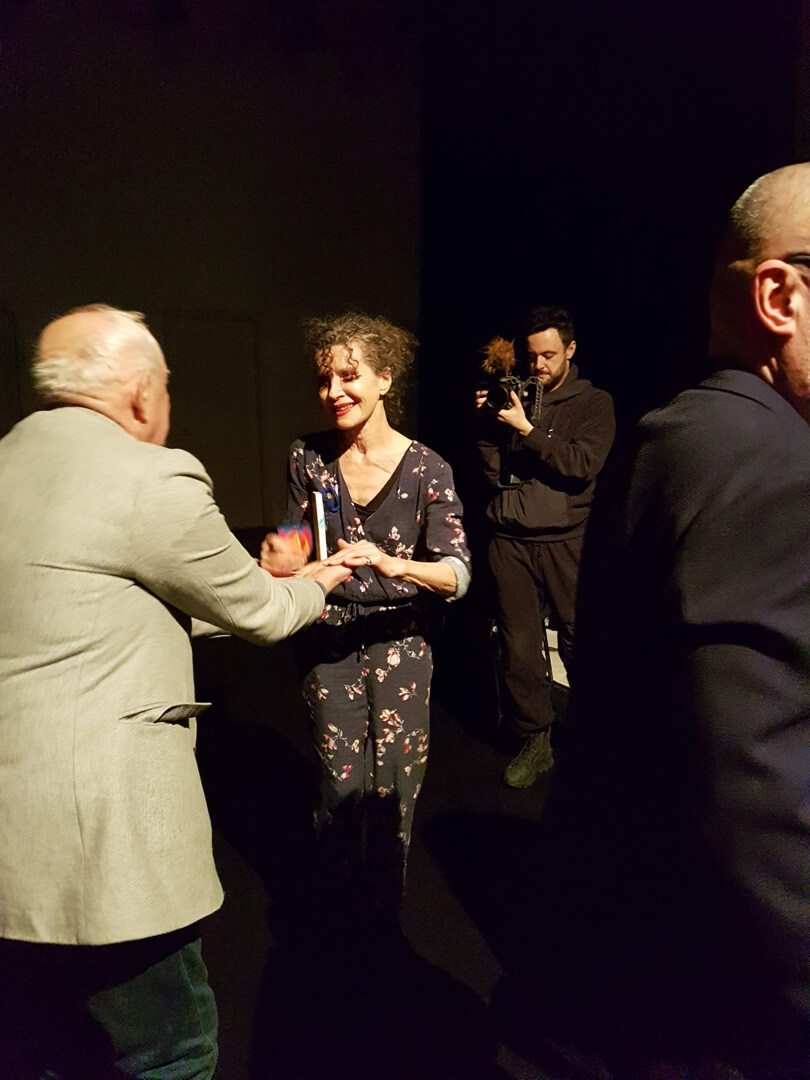Ukraine / projects
Kristin Goes to Ukraine
https://youtu.be/k2fMg6HDyDQ80 years ago Warsaw was completely destroyed by the Nazis. Thousands of. people died defending the city. The Old Town has been painstakingly rebuilt, brick by brick, from the rubble, using photographs and architectural drawings hidden during the war. And that's what Putin is doing today to Ukraine, trying to raze it to the ground, so nothing is left. In contrast to Warsaw, Kyiv, when I arrived in December, was dark. The light, such as it was, was a yellowish sepia, creating a city of shadows, through which its citizens trudged and sloshed. No Christmas, no fairy lights, no joy. Just the threat of drones and more destruction. I decided to make the trip because of a young Ukainian woman, who waited for me outside the stagedoor in London last August. She repeated the most lyrical passage of the play to me, as tears poured down her face. All I had to offer was my solidarity. The Ukrainians, certainly the ones I've been lucky enough to meet and work with, are resolute and courageous and determined. They've lived under Russia's crushing boot for long enough. I performed at the ProEnglish Theatre, run by the great showman, Alex Borovensky, and at Les Korbas, where Neda Nezhdana, the writer of the play, works. She was in tears at the end of both performances and spoke very movingly of the significance of the title of the play, Pussycat in Memory of Darkness. 













I found a young film crew while I was in Kyiv, because I knew I needed to document what I saw. I told them I wasn't interested in their filming my performance (which they did anyway!), that that wasn't the reason I wanted their services. I want this tiny play - it's their stoy, not mine - to be seen in a wider context. To that end, we went to a small, sad town called Borodyenka and filmed inside a couple of the apartment buildings that had been bombed from the air by Russia. The horror of what Russia is doing is there, in those buildings. These were ordinary people, living ordinary lives, who were buried in the basement where they had taken shelter, when the buildings collapsed on top of them. They lay in their cellar grave for forty nights before the Ukrainians retook the town. On the same day of our visit to Borodyanka, we stopped at a place outside Bucha, that's now called the Car Cemetery. Cars are piled up, one on top of the other - automobile versions of human beings scrambling to get out of danger. All the occupants died. They were shelled and machine-gunned. One car bore the traces of a woman's hair and brains, after her head was severed from her body. This is now Ukraine.


